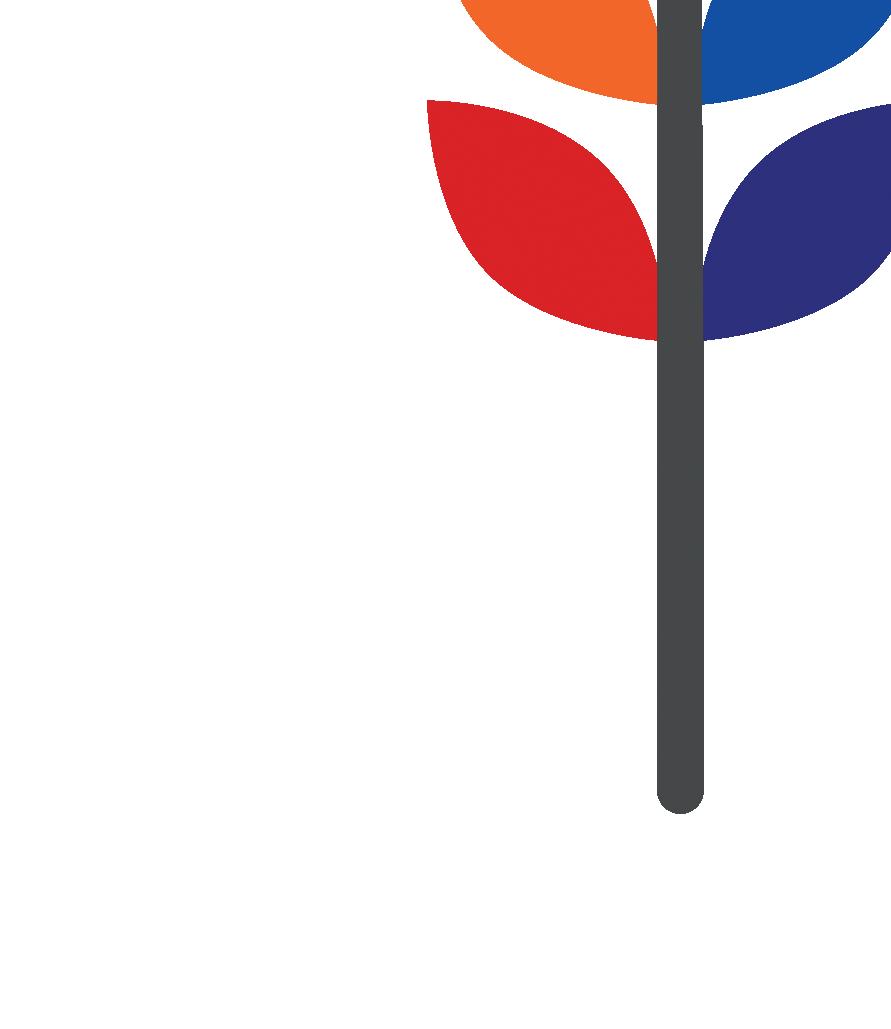
5 minute read
LGBTQ+ needs attention

LGBTQ+ Improving understanding and breaking down barriers is something The MATTERS Farmers Club relishes. But what about LGBTQ+ in the countryside? Charles Abel reports
THE Farmers Club has long taken pride in being a place of fellowship, respect and inclusivity. It is a welcoming homefrom-home that champions diversity, as highlighted in the ‘International Team’ article in the Winter Journal.
Sexuality and gender identification are no different. But for those with an LGBTQ+ identity the challenges of living and working in the countryside can be huge: Will I be accepted or shunned? Will I suffer sexist/ derogatory jokes? Will my work prospects suffer?
Those who they meet can be challenged too: What does LGBTQ+ actually mean? How can I avoid causing offence? Am I using the right words? Can I help?
Fortunately, attitudes are changing, with mutual acceptance improving over the past 30-40 years, acknowledges Club member Matthew Naylor, who co-founded Agrespect in 2018.
“Diversity, in all its forms, is now generally better understood, but prejudice, misunderstanding and oppression still exist– and this is especially so in the countryside,” explains Mr Naylor, Managing Director of supermarket cut flower supplier Naylor Flowers, Farmers Weekly columnist, Liveryman at the Worshipful Company of Farmers and former Director of the Oxford Farming Conference.
For over 30 years, until he came out as gay, he felt very isolated and limited in farming. He attributes slow progress in rural attitudes to a host of factors – including traditional thinking, resistance to change, close-knit communities and limited exposure to shifting social norms.
How big is the rural LGBTQ+ issue?
“Gaining the confidence to be ‘real’ in an industry as hidebound as agriculture is a challenge for lots of people, regardless of their sexuality,” he notes. “But being authentic about one’s sexuality or gender identity is especially challenging.”
Too many LGBTQ+ people still live in fear of those who have a lack of understanding, a fear of the unknown and mindsets stuck in the past. Addressing such intolerance is now vital.
“Respect is the key,” Mr Naylor stresses. “Everyone has had that feeling of not fitting in somewhere, or of feeling under attack, as some farmers might experience from vegans or extreme environmentalists. Yes, issues can be fast moving, and confusing, and sexual identity and discussion around it has accelerated a lot in the past 10 years. So, the best thing to do is not to judge, to be authentic and take a positive approach. I can be cack-handed with some of my language, but if the spirit is right…..it’s basic good manners really.”
Why does it matter?
Diversity is a benefit, not a threat, Mr Naylor continues. It brings fresh thinking into an industry that largely draws from a diminishing skills pool of like-minded individuals. Indeed, farming is becoming increasingly dependent on diversity. The vet sector, for example, is now very reliant on non-white, non-male, non-UK born professionals.
“Farming is desperate for new blood. We need to attract and retain the best and brightest people. Diversity leads to a better and more imaginative working environment.”
Diversity also helps the sector align with its customers. “Society has changed, with up to 30% of under-25s now considering themselves to be somewhere on the LBGTQ+ spectrum. Farming needs to change too, or risk being out of step with its customers – never a good thing. Today’s consumers are not the Terry & June of the 1970/80s.”
Friction in families can hit succession plans too, with children, whether LGBTQ+ or not, seeking more tolerant urban alternatives.
The personal cost of intolerance is colossal, adds Mr Naylor. “Not being accepted, not even daring to speak up, can cause loneliness, poor self-esteem and serious mental health issues. The feeling of shame can be paralysing. Nobody should feel like that. It’s why Pride took that name – the opposite of shame.”
Change in the countryside is vital to help LGBTQ+ people live their best lives, based on their true identities, rather than having to hide it. Increasingly, LGBTQ+ individuals, when they dare to come out, have been shocked by the acceptance and compassionate support from rural employers and communities. But it is still far from universal. Isn’t it time it was, asks Mr Naylor.
Help at hand
“Being LGBTQ+ in the countryside can be tough, it can be hard to meet anyone who understands. It doesn’t matter if you are bi, lesbian, gay, trans or simply unsure how you feel. Maybe you are a parent with an LGBTQ+ child and you need some help to understand. Agrespect is very welcoming, through its WhatsApp group, or via its website, with lots of people who are happy to listen, without judgement, and to share their experiences.”
What can be done?
Awareness is central and is more than political correctness, he stresses. “It’s about respect for all, whatever their race, colour, religion, gender or sexual orientation.”
Thousands of LGBTQ+ people live, work and contribute to rural communities, and the likes of Defra, CLA, AHDB, LEAF, the farming unions, Farmers Weekly, Waitrose, Sainsbury’s, McDonalds, Massey Ferguson and farm colleges have agreed to welcome the LGBTQ+ community. Are you ready to?
“At The Farmers Club there is no room for ‘them-and-us’ feelings,” adds General Manager Virginia Masser. “Everyone is welcome in this home-from-home, be it Club member, guest or team member. Anything else would not be within the spirit of The Farmers Club.”
LGBTQ+
The initials refer to Lesbian, Gay, Bisexual, Transgender and Queer/ Questioning, with the Plus embracing a range of other sexual orientations and gender descriptions. Remember, respect is the key, so use the term a person prefers.



FIND OUT MORE
Be better informed, see another perspective, and find support at: www.agrespect.com A host of inspiring case studies show how better people skills can make all the difference. Twitter : @weareagrespect Instagram : weareagrespect Facebook : @weareagrespect #agrespect e-mail: matthew@naylorflowers.co.uk










